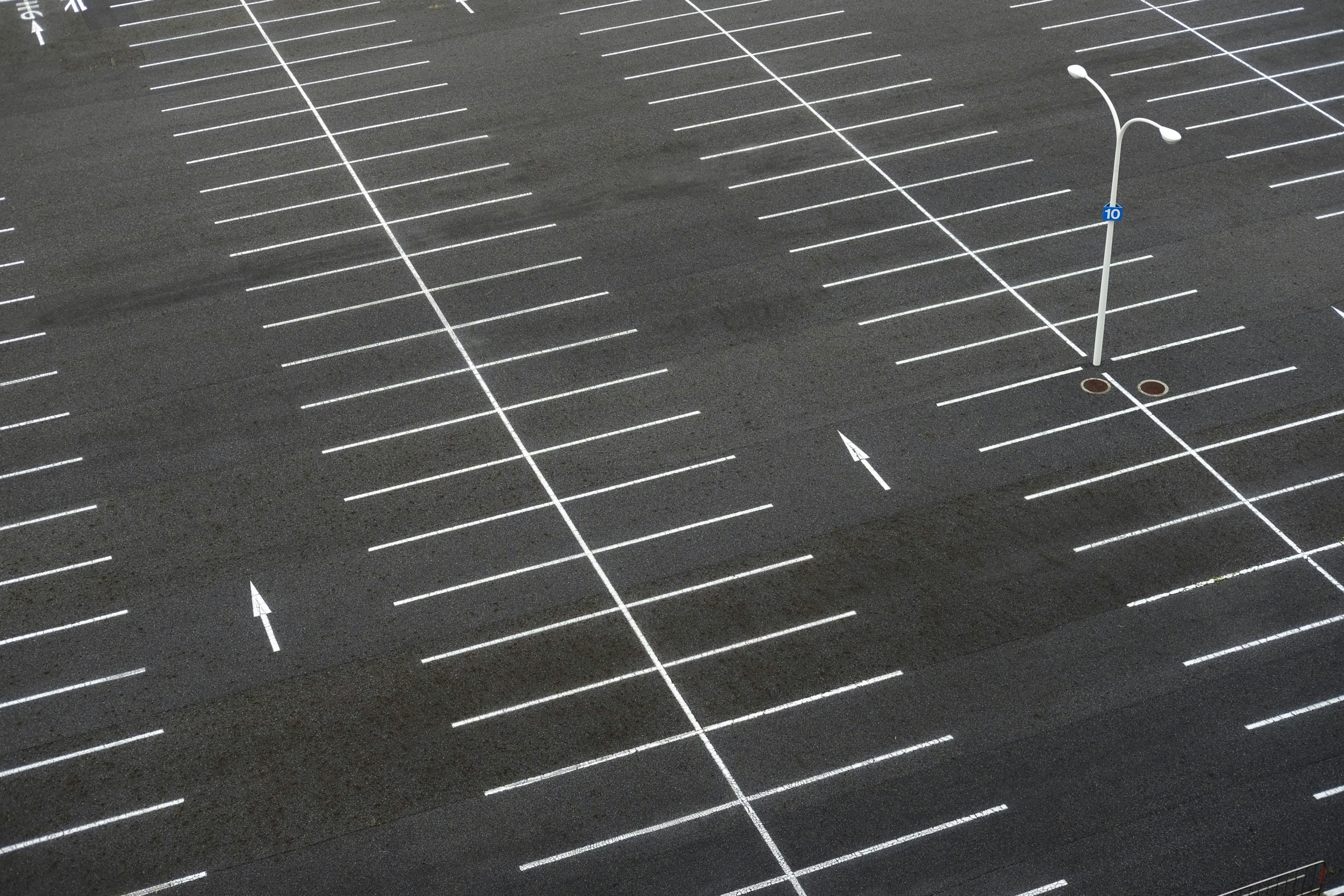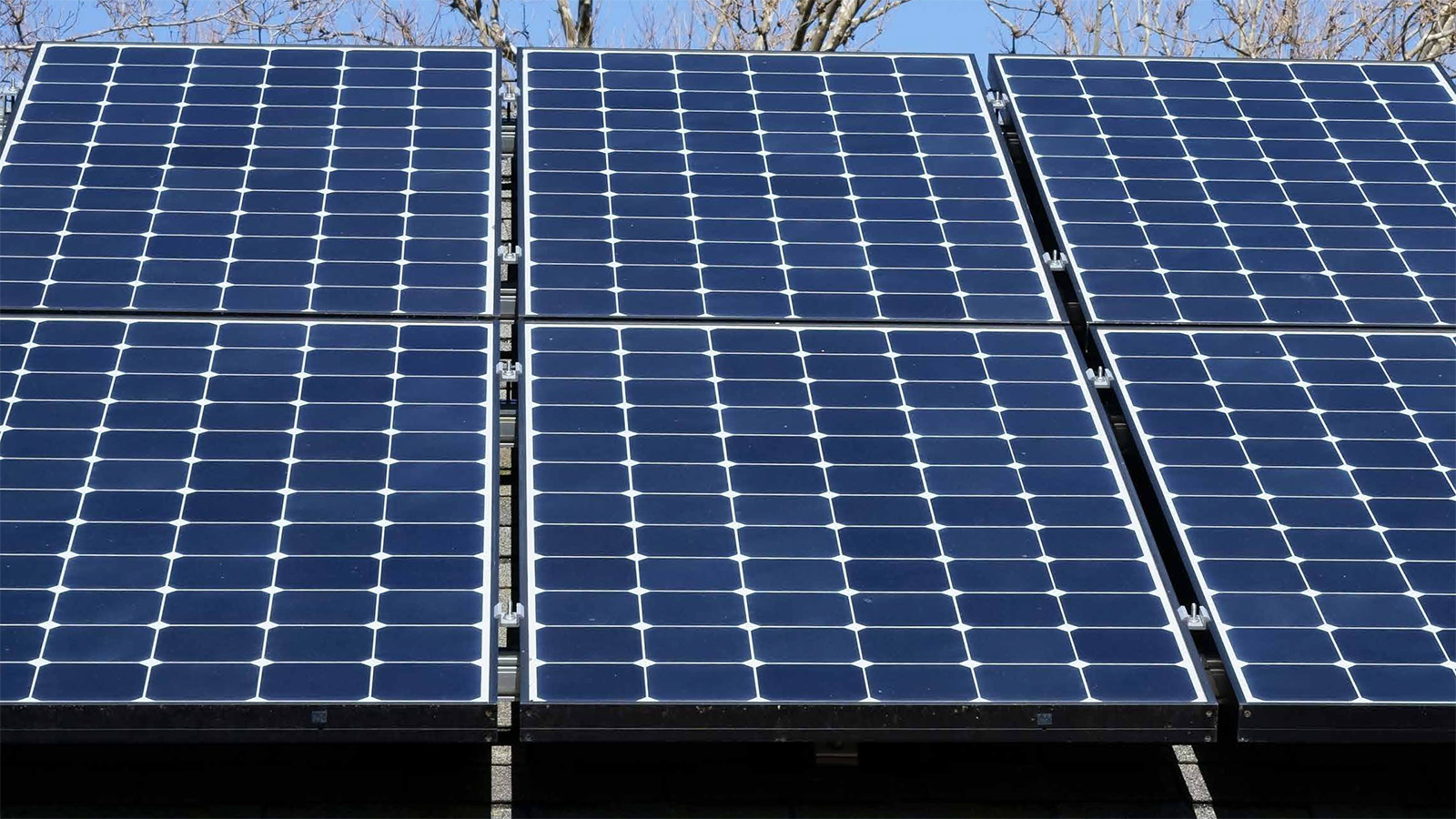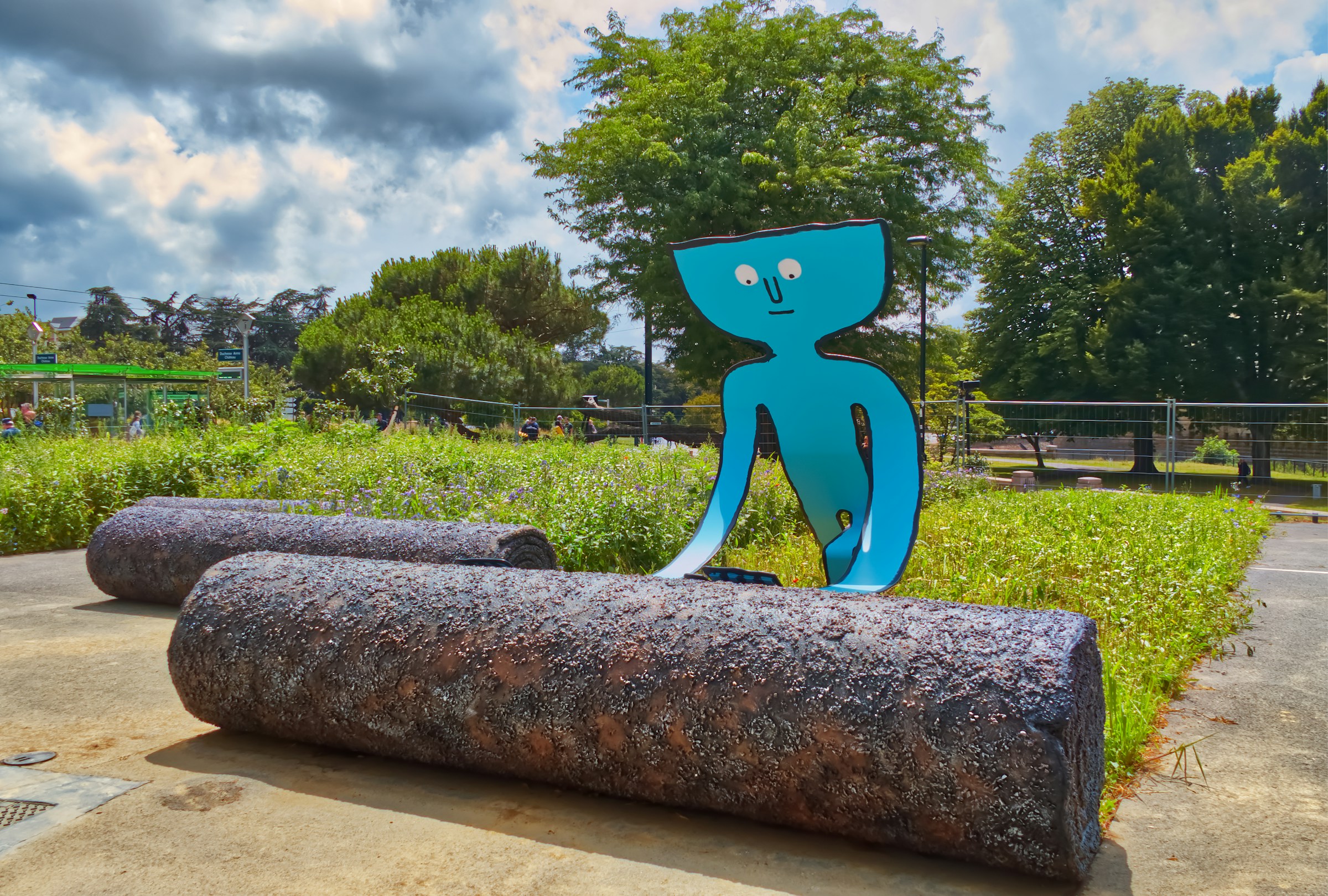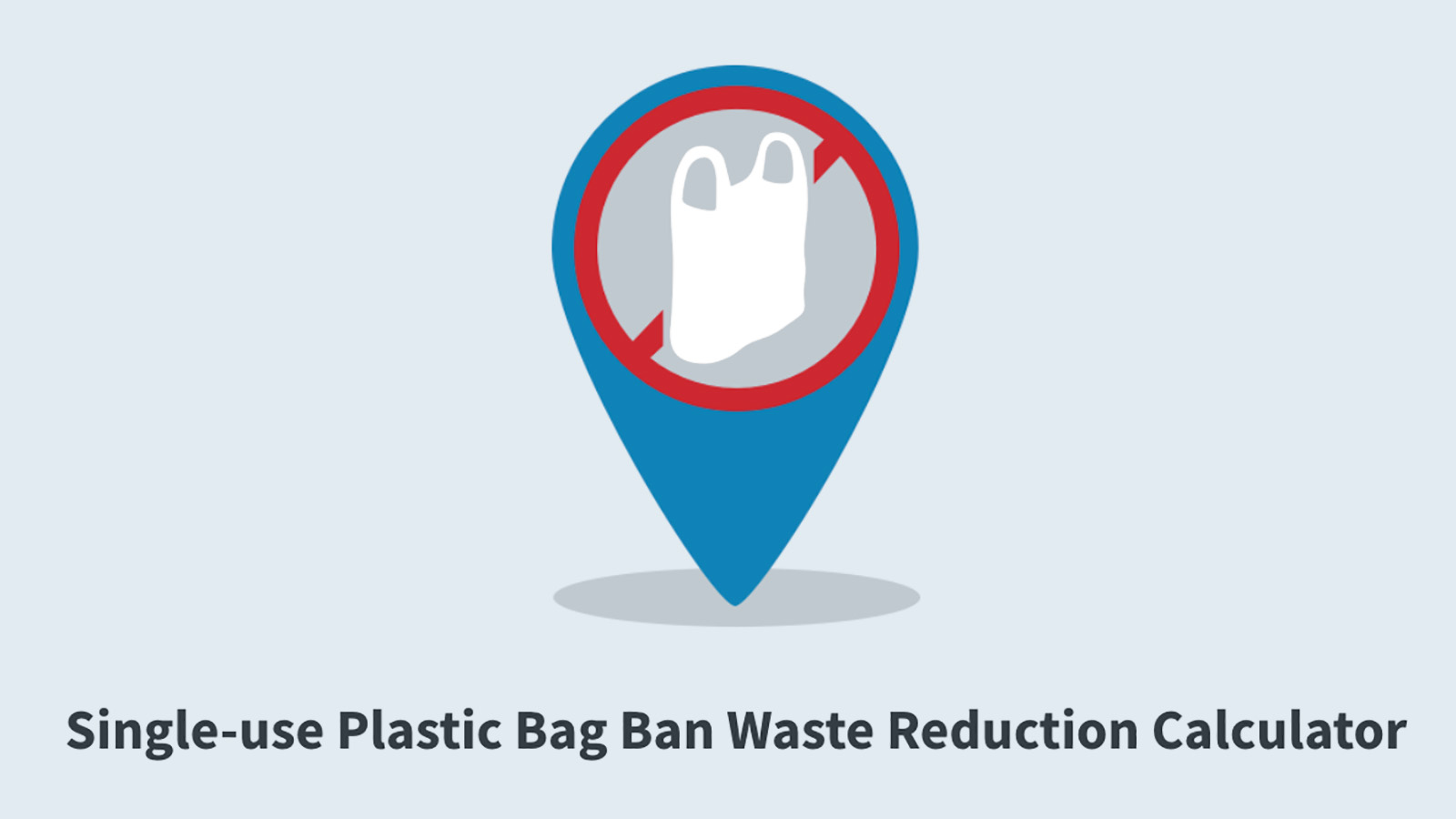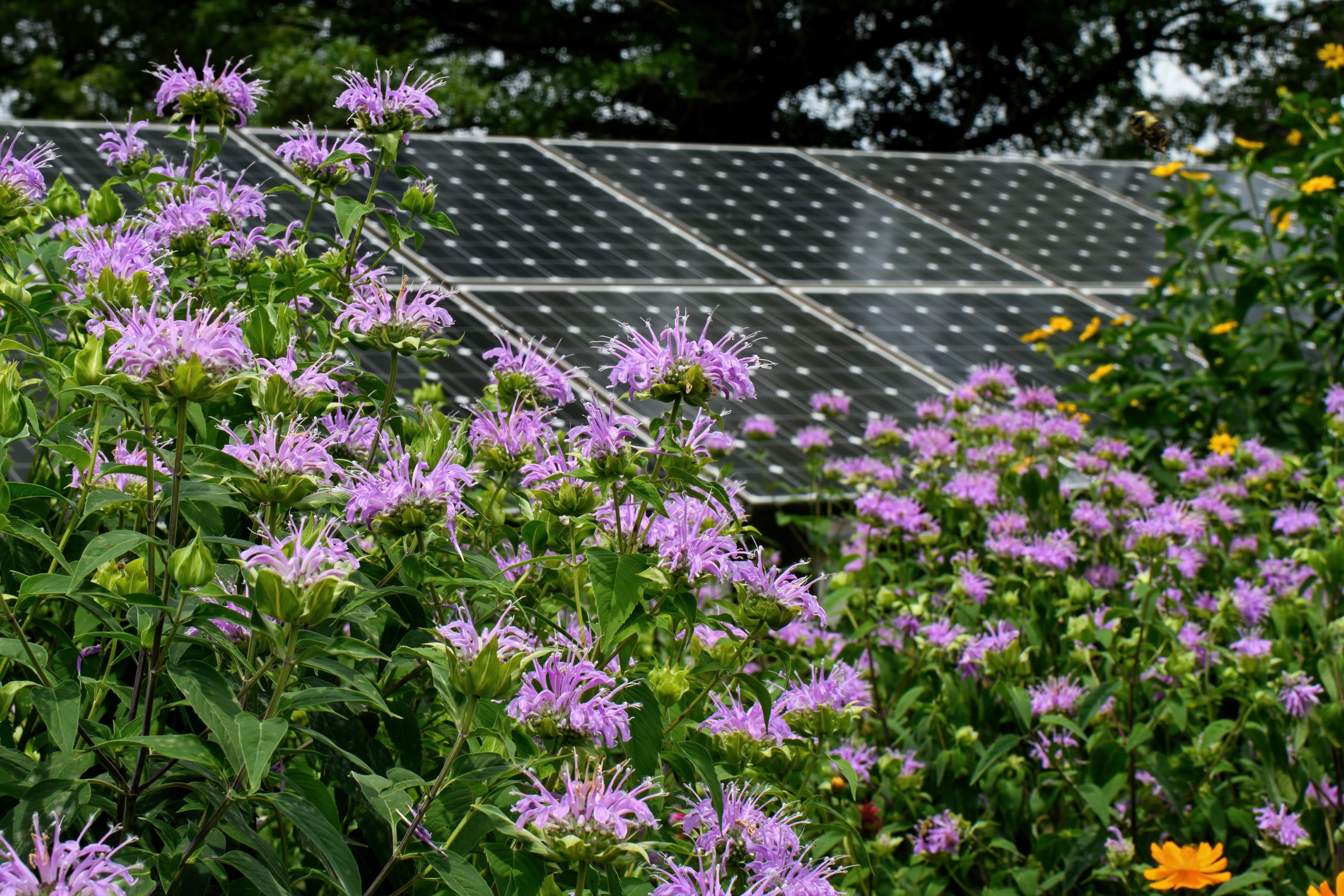
Refill, Return, Reimagine: Innovative Solutions to Reduce Wasteful Packaging
Single-use plastic packaging is so common in our everyday lives that a future without it might seem a long way off. But examples of what that future might look like are already here.


